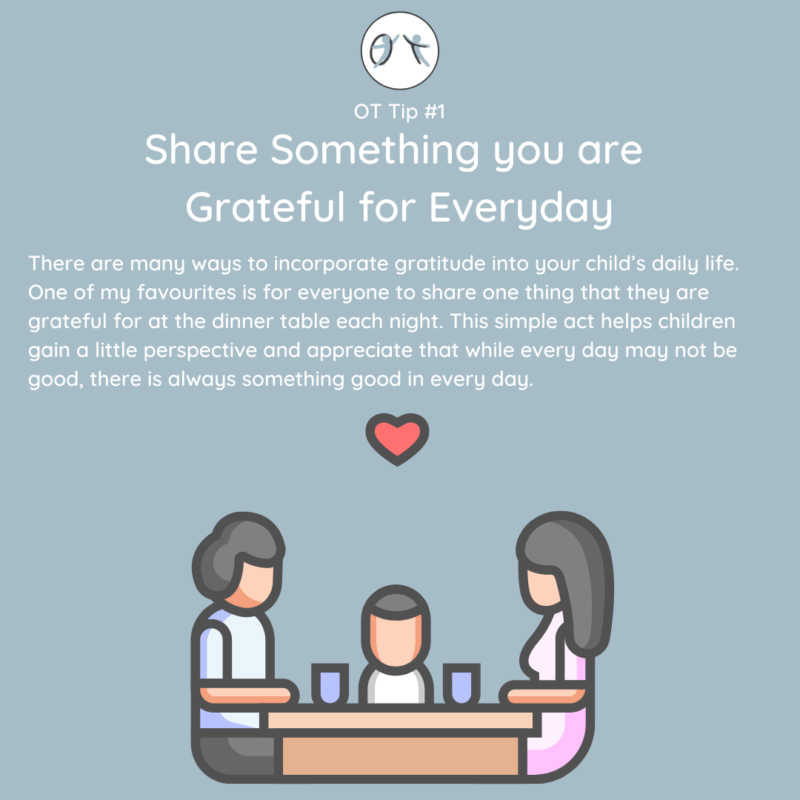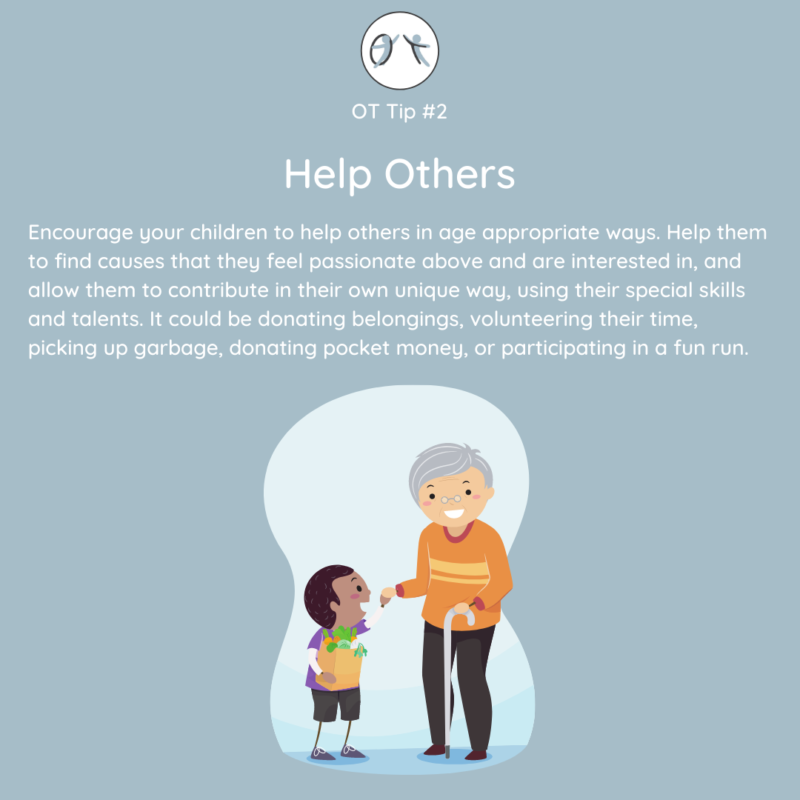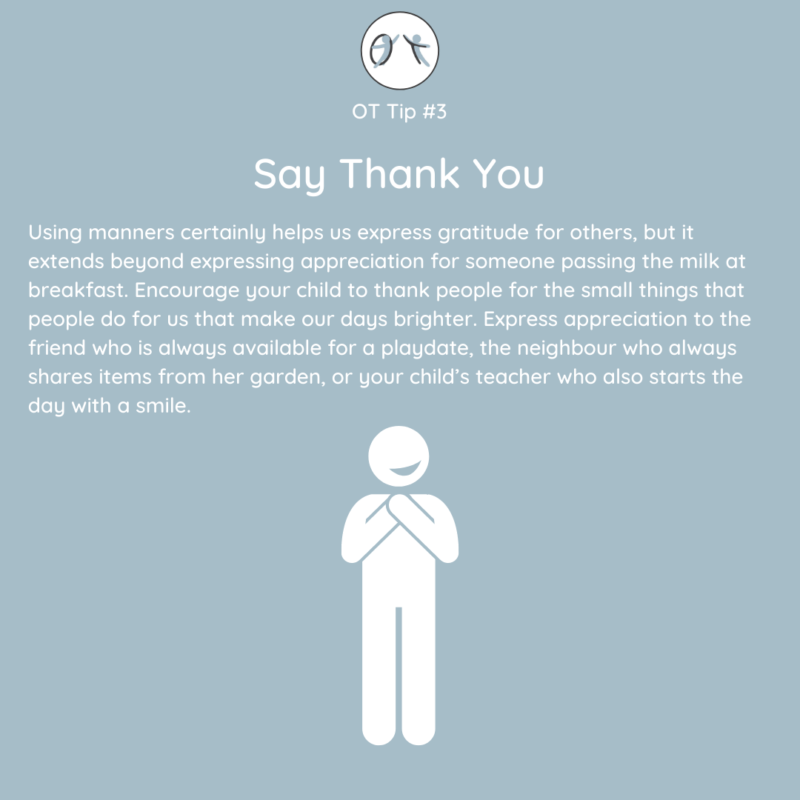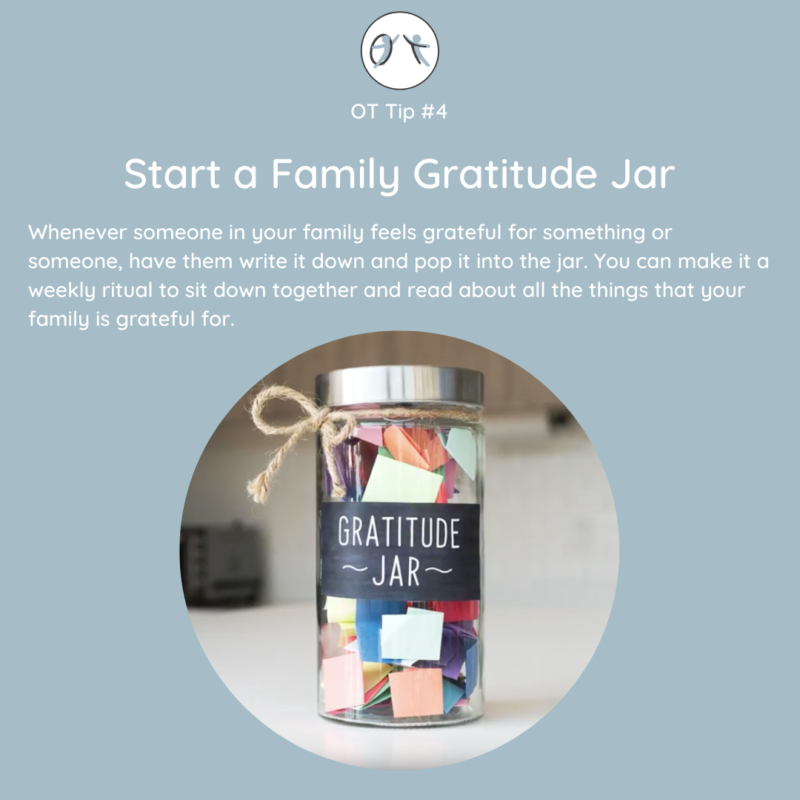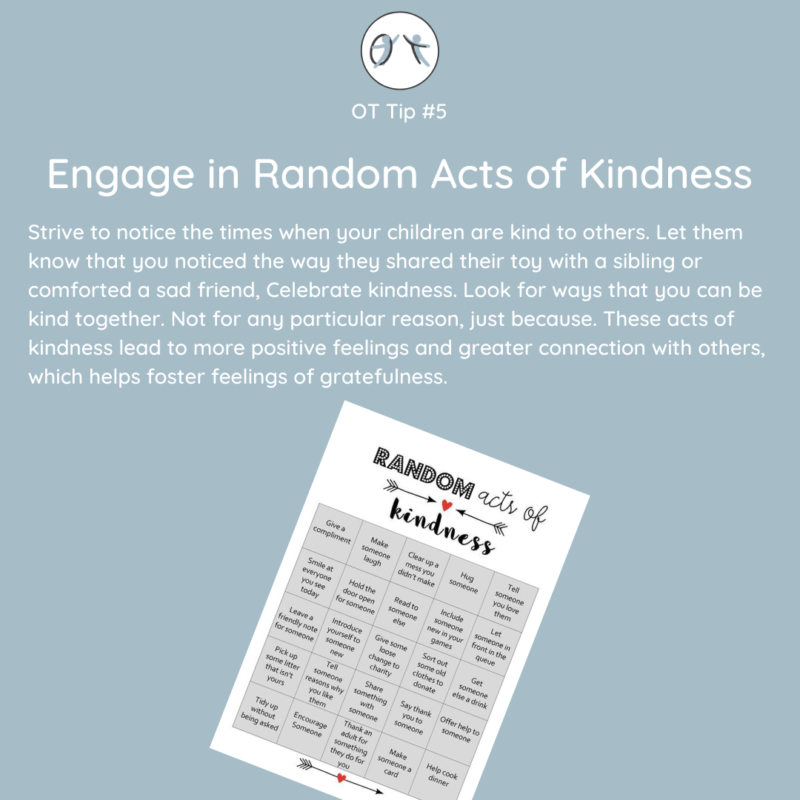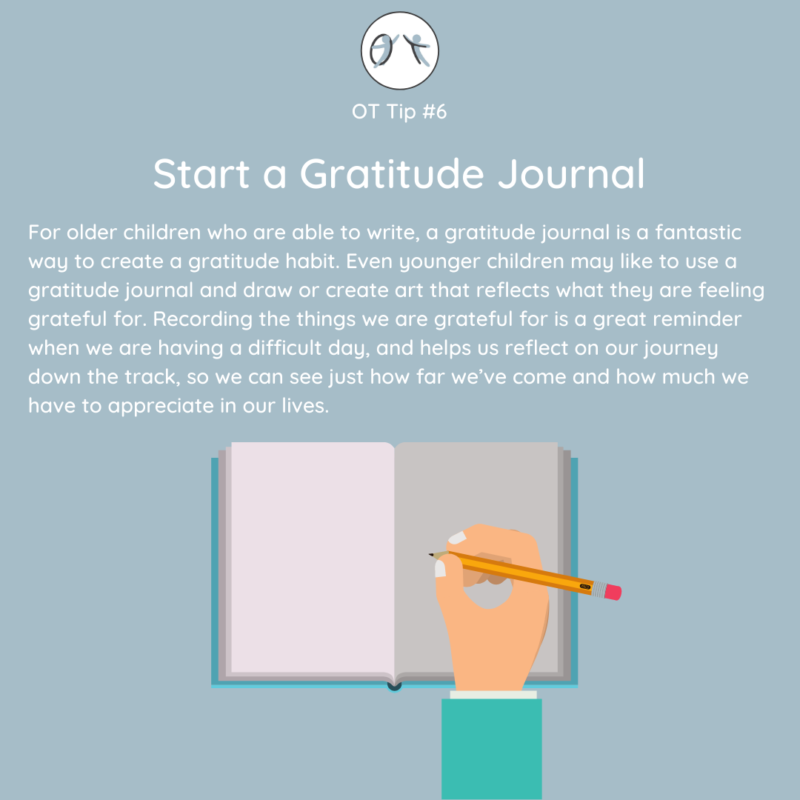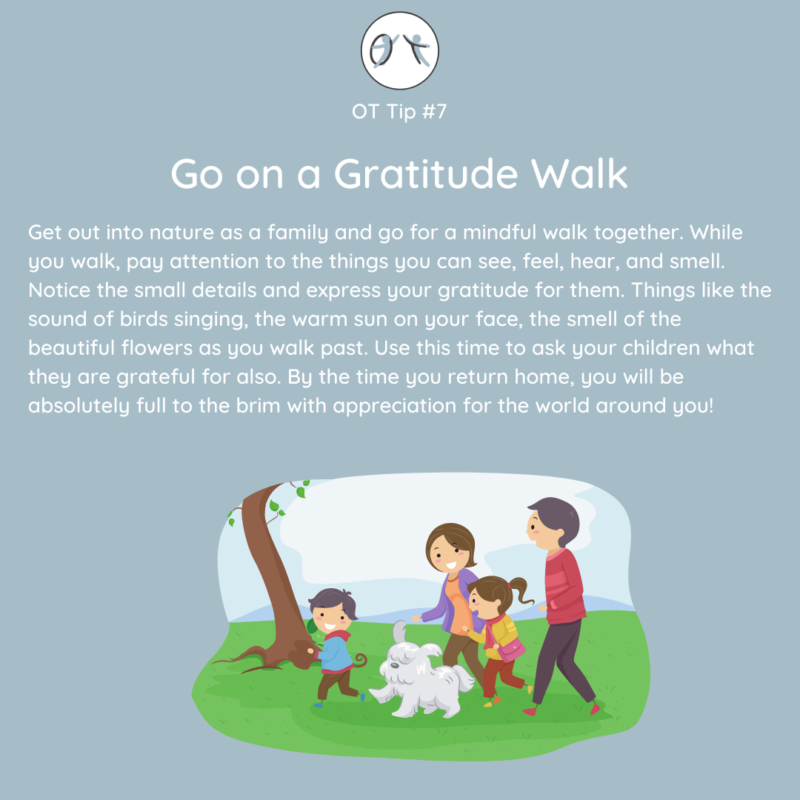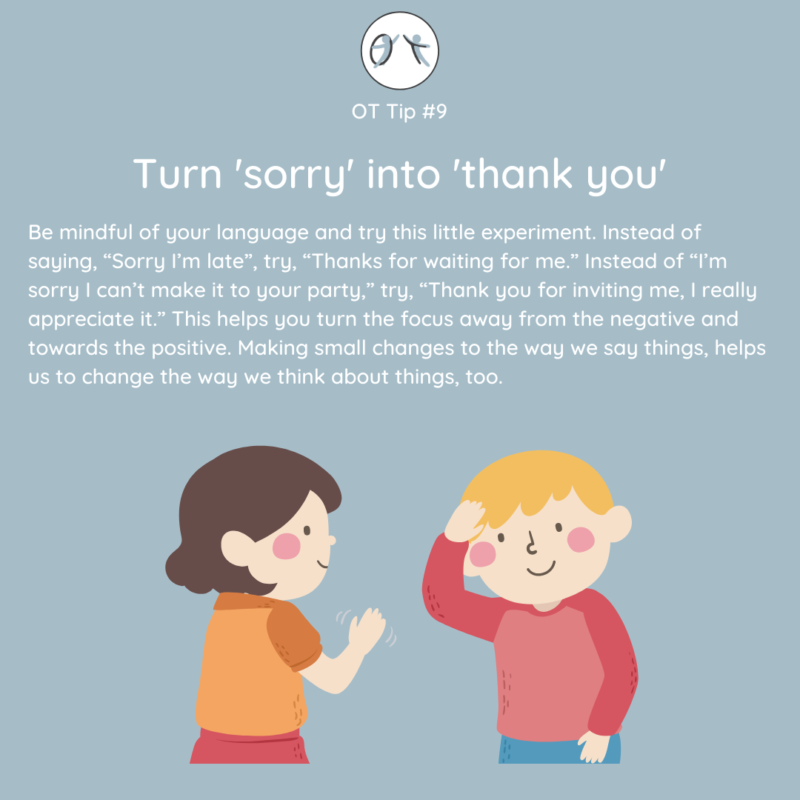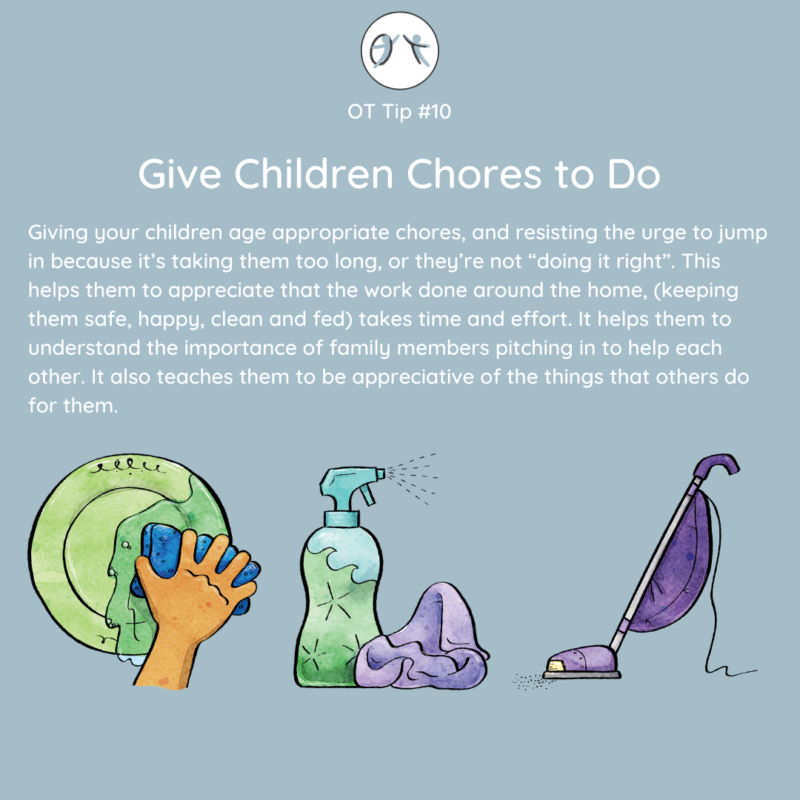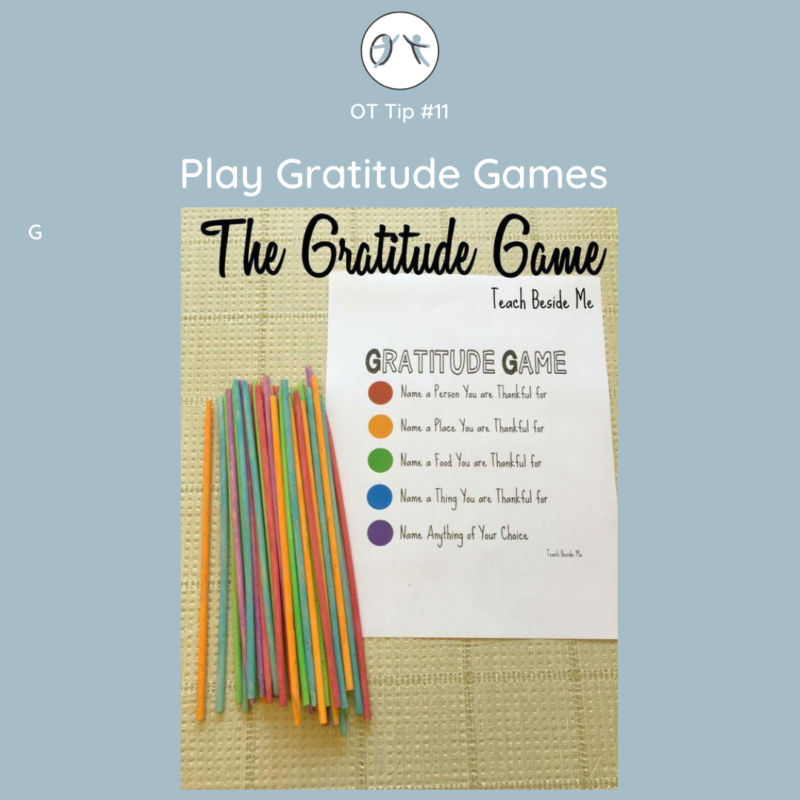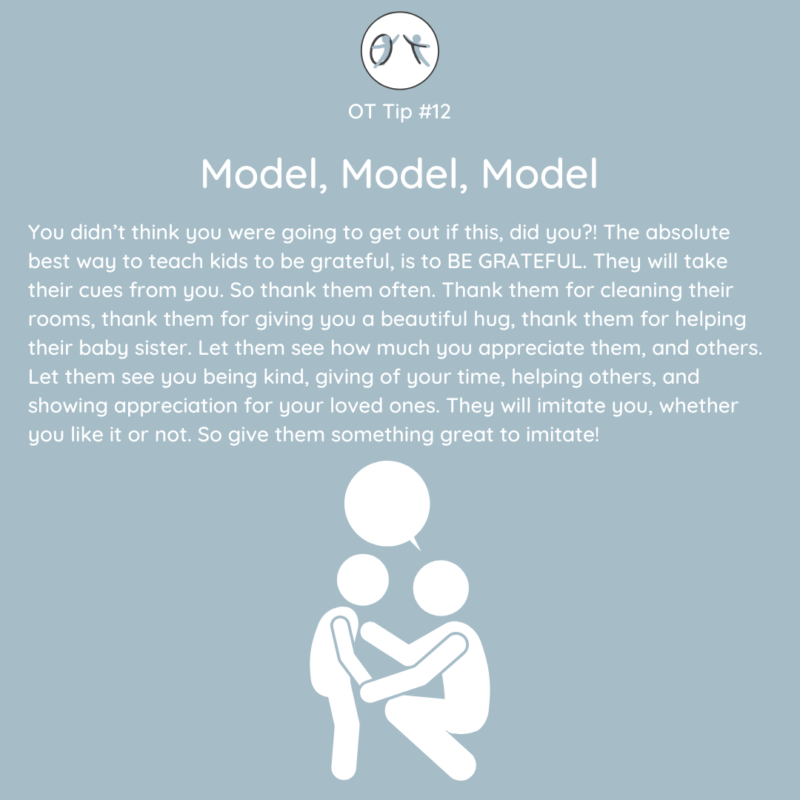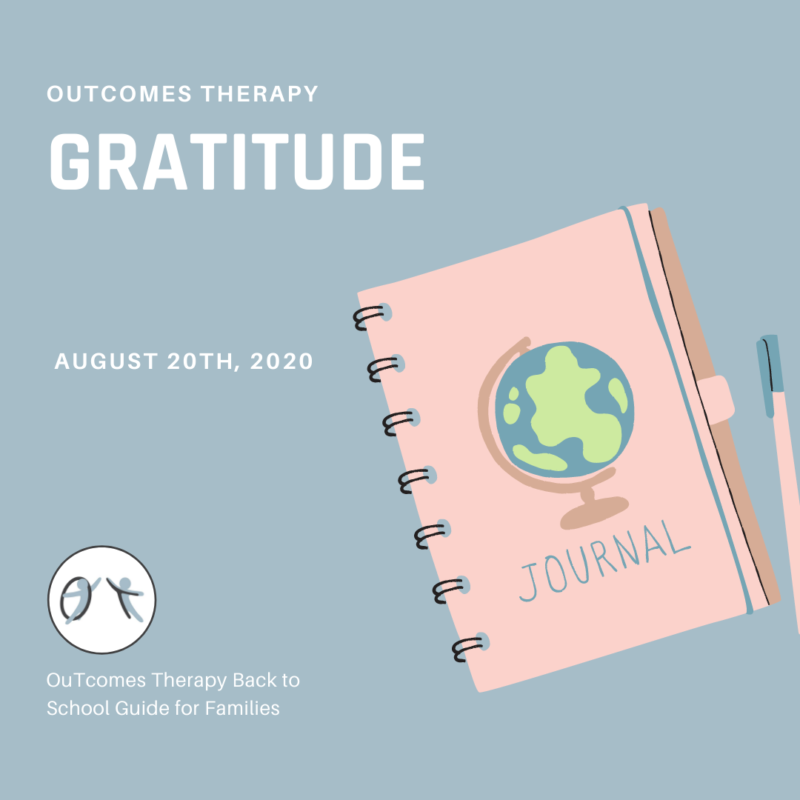Did you know that giving thanks can make both you and your children happier?
Gratitude is strongly and consistently associated with greater happiness. It has also been shown to help people feel more positive emotions, relish good experiences, improve their mental and physical health, deal with adversity, change their thinking patterns, and build strong relationships. It has literally been shown to change the brain!
For children, studies show that gratitude can be a very powerful tool, with lots of benefits to both mental and physical health. Something we may wish to pay attention to during a global pandemic when anxiety levels are high.
Specifically, research shows that gratitude in children supports:
- Higher levels of happiness and optimism;
- Improved sleep;
- Less stress and an improved ability to cope with stress;
- Fewer physical issues;
- Reduced depression;
- Less aggression; Increased self-esteem; and,
- Improved resilience.
Those are a number of great benefits, right? So how can we help children be more grateful?
First and foremost, it is important to recognize that the more children practice gratitude, the better they get at it, and the greater the benefits. In fact, research shows that the benefits can be seen after just 2 weeks of gratitude practice, and they can last up to 6 months.
The following activities provide some easy ways to practice gratitude with your children and, in turn, support their physical and mental health.
Do you have a gratitude practice in your family? If so, we would love to hear about it in the comments section below.
